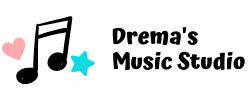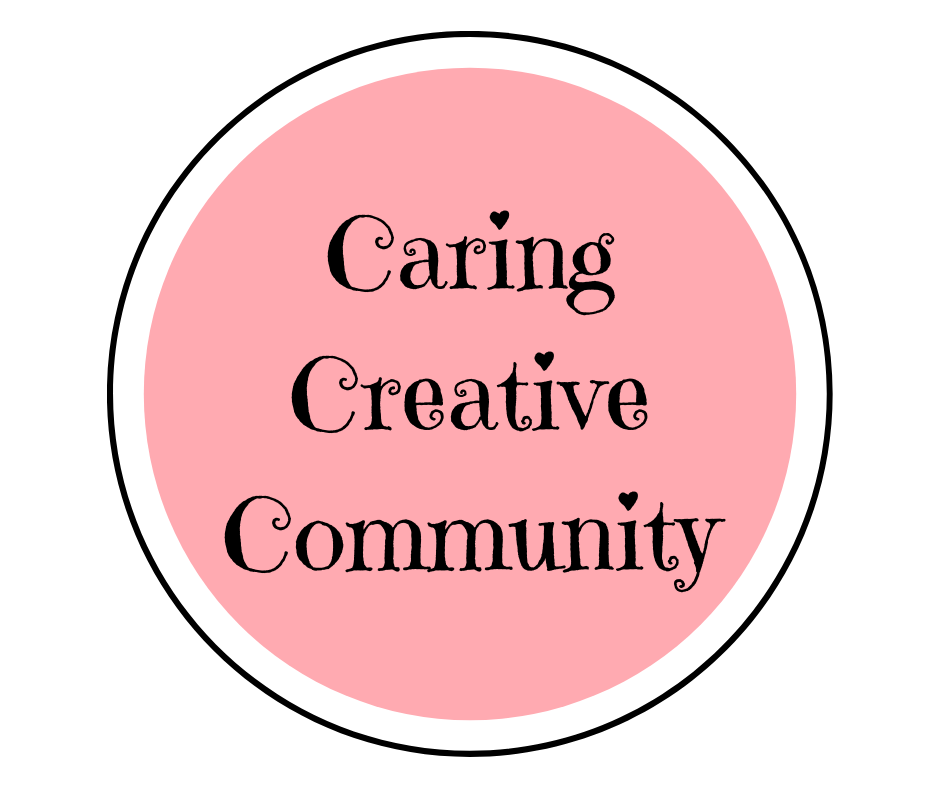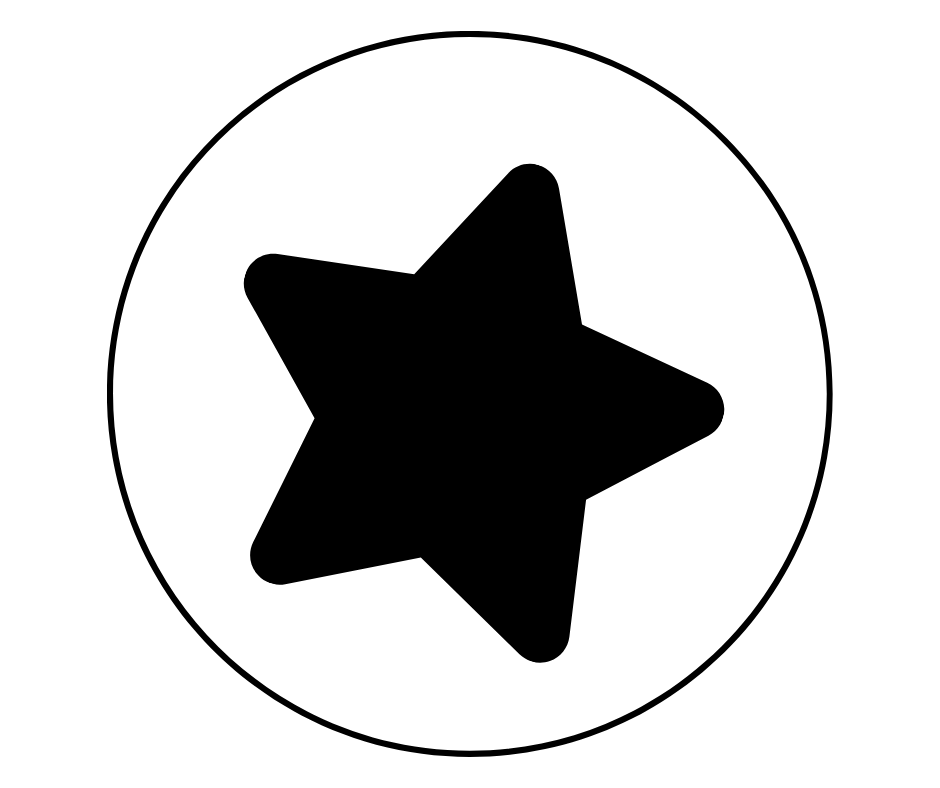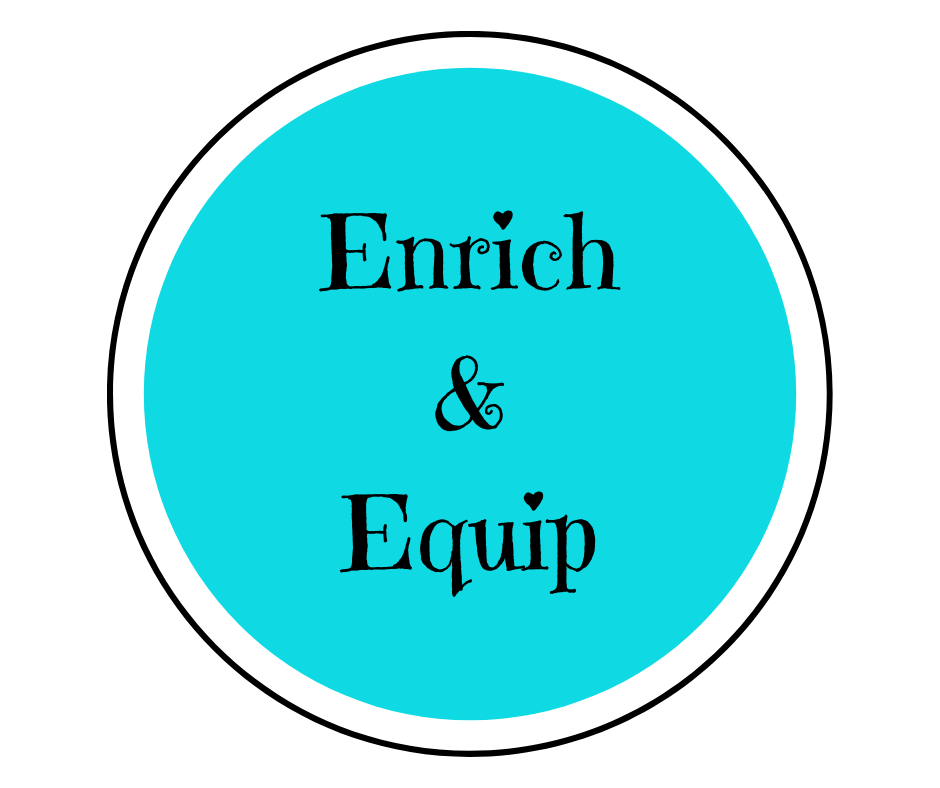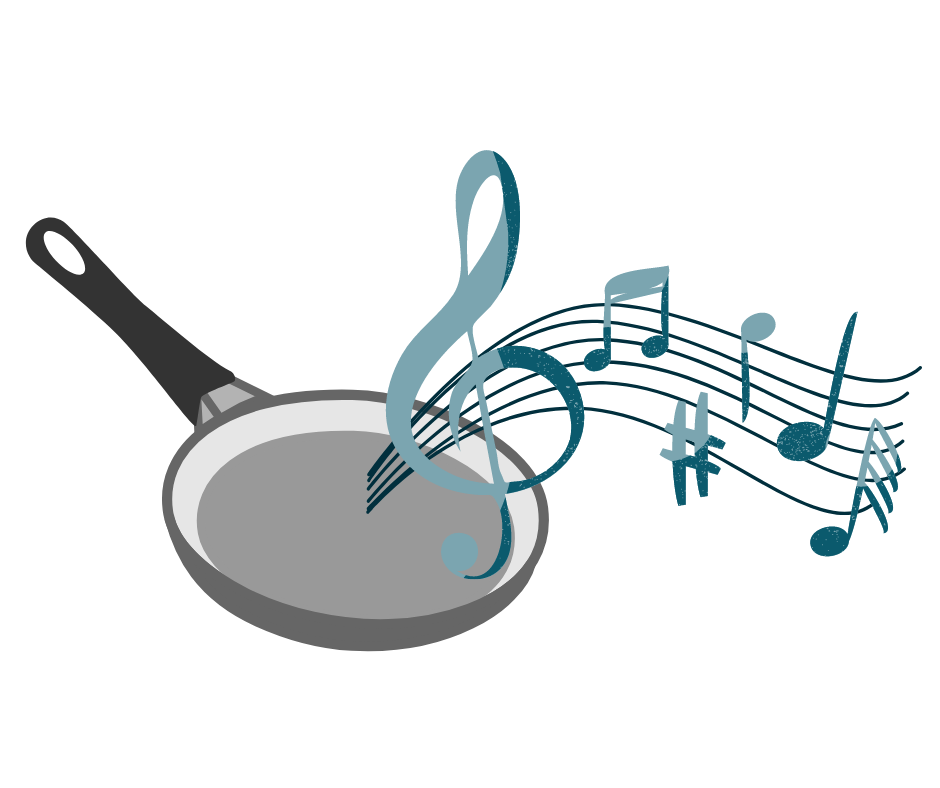Vision & Values
The vision of our studio is to enrich and equip students
for a lifelong journey of music
through a caring, creative community.
The studio is not made up of one individual to make everything work. All of us make the studio what it is.
Our three core values are:
Our three core values are:
Caring
|
Creative
|
Community
|
Let's live as a caring and creative community so our learning can thrive while we have fun!
Are you ready to be a part of this?
Are you ready to be a part of this?
